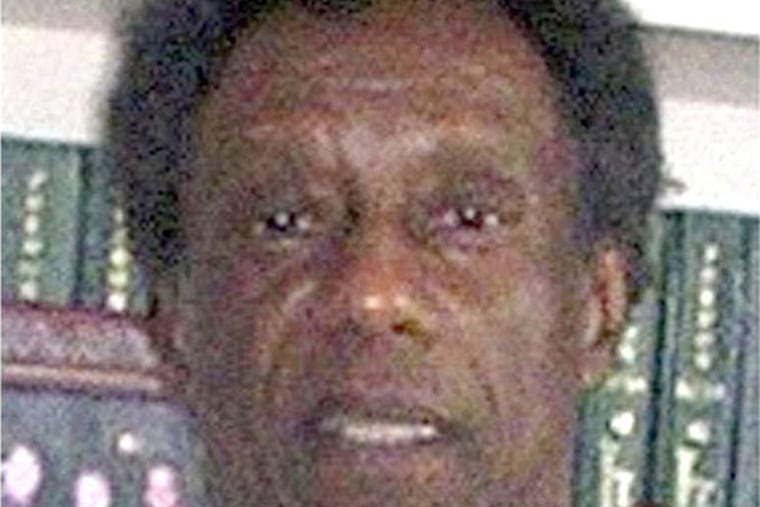Ex-judge's conflict-of-interest trial nears close
The criminal conflict-of-interest trial of former Philadelphia Common Pleas Court Judge Willis W. Berry Jr. will likely go to the jury Wednesday after a full day of testimony in which a state prosecutor ended his case and Berry's lawyers began their defense.

The criminal conflict-of-interest trial of former Philadelphia Common Pleas Court Judge Willis W. Berry Jr. will likely go to the jury Wednesday after a full day of testimony in which a state prosecutor ended his case and Berry's lawyers began their defense.
Berry, 72, ended Tuesday's session outside the presence of the jury of six men and six women, telling a specially assigned outside judge, Montgomery County Senior Judge S. Gerald Corso, that he would not testify in his defense.
"I've decided to follow the advice of my counsel and not testify," Berry said.
Many criminal defendants choose not to testify, and in Berry's case testifying would have exposed him to prosecution questioning based on his testimony before the state Court of Judicial Discipline.
That tribunal heard the same facts at issue in the criminal trial - that Berry allegedly used his judicial offices and staff to run his private real estate business - and in 2009 suspended him for four months without pay for a conflict of interest.
That was a civil proceeding, however, and a guilty verdict in the criminal trial could cost Berry the $6,010 monthly pension he has drawn since he retired in September 2012.
Much of Tuesday's trial involved testimony from the prosecution's key witness, Berry's longtime secretary, Carolyn Fleming, who said she was first hired by Berry after a summer as a 17-year-old high school intern in his law office.
Fleming, 44, recalled that she became steadily more involved in Berry's financial affairs, helping manage his law office and rental properties, and moving with him to the Criminal Justice Center after he was elected a Common Pleas Court judge in 1995.
That changed in the summer of 2007, Fleming testified, after "all the negative stories" about Berry's operating his real estate business from his judicial chambers, and the investigation by the Judicial Conduct Board that followed.
Fleming said Berry removed all his real estate files from his judicial chambers and, over the next six months, accused her of stealing and fired her.
Berry's lawyers, Nino V. Tinari and W. Fred Harrison Jr., have maintained that Fleming went to judicial investigators in retaliation for being fired and was promised she would not be criminally charged.
Fleming testified that she was hurt and angry when Berry fired her but insisted that investigators came to her.
Questioned by Tinari, Fleming testified in detail about how intermingled her and Berry's personal financial lives were with his real estate business.
She acknowledged that she paid Berry's personal and professional bills and signed his name to checks when he was not present. She also said she borrowed money from Berry's real estate bank account and repaid it.
But she insisted that she always informed Berry of the transactions and he approved them, and that she never tried to forge Berry's signature. "I signed to pay the bills for him," she said. "I didn't practice his signature; I would just sign his name."
Fleming denied stealing money from Berry.
The end came in late 2007, when, Fleming said, she applied for and Berry approved a 12-week paid medical leave. In January 2008, she said, the city told her she was fired.
Fleming contested Tinari's claim that her firing was disciplinary: "They didn't say that. They just said I worked at the judge's discretion, I was an at-will employee, and he had chosen not to bring me back."
Deputy Attorney General Daniel J. Dye alleges that Berry cheated Philadelphia taxpayers out of $110,000 using his judicial staff for his business.
That practice ended in 2007 with a judicial investigation of Berry following a series of Inquirer articles about how the judge moonlighted as a landlord and had court staff collect rent, repair 16 derelict properties, and handle real estate paperwork.
Despite Berry's 2009 suspension, no criminal charges were filed until May 2014 - almost two years after he retired.
Berry's lawyers fought unsuccessfully to get the charges dismissed, saying he was being prosecuted for an offense for which he had already been punished.